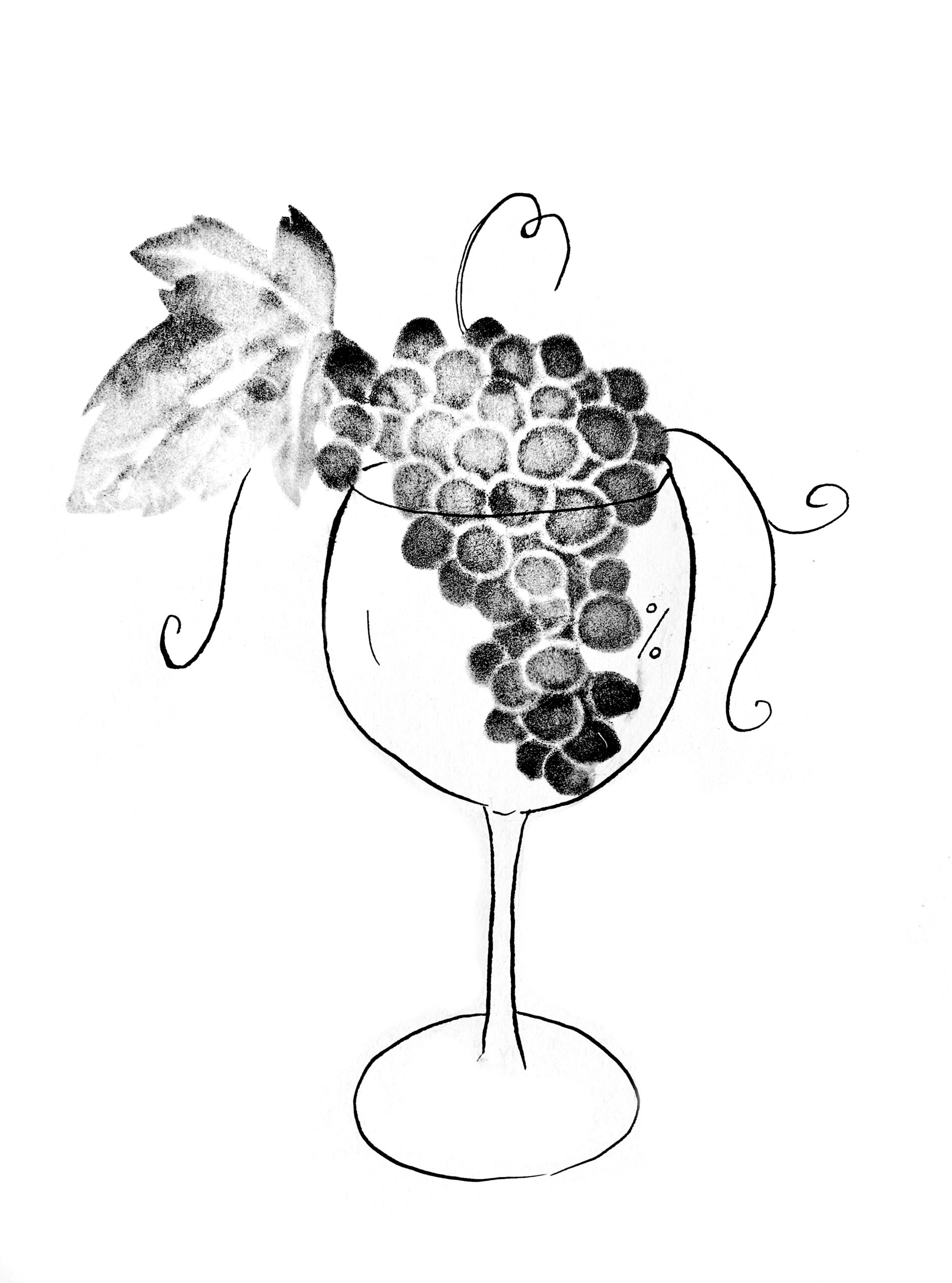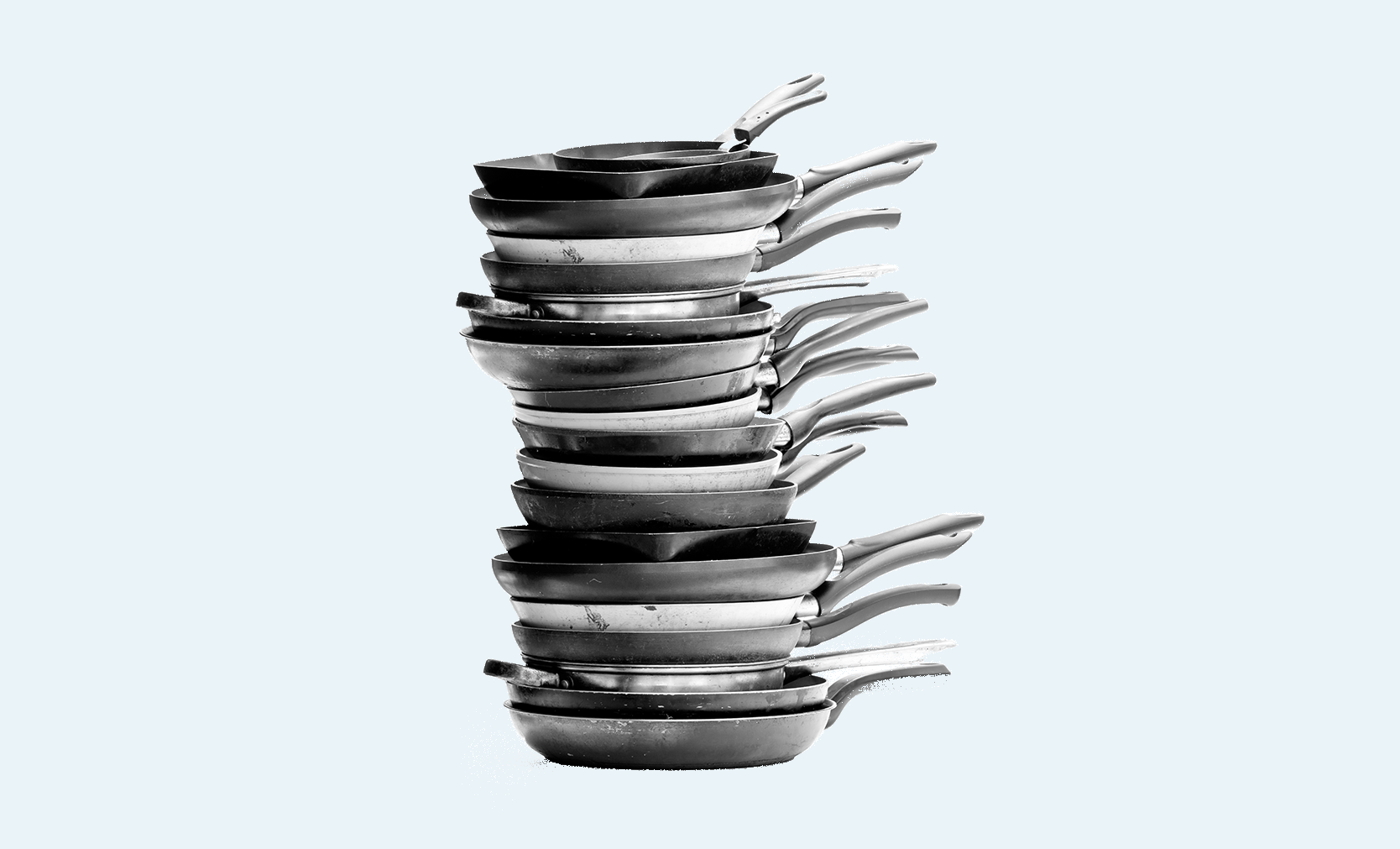‘Alcohol-free drinks, particularly beer but also wine, are growing in popularity,’ says Karin Schroën, professor of Food Process Engineering. ‘Not just as a stand-in for when you aren’t allowed alcohol but as part of a healthy diet.’
Alcohol-free and regular wine are both made from the same basic ingredients: grape juice and yeast. Unlike pure grape juice, alcohol-free wine goes through a fermentation process. ‘There are two ways to make alcohol-free wine,’ says Schroën. ‘You can use yeasts that produce very little alcohol. Genetically modified yeasts make that possible, but not everyone’s a fan of that.’
Alternatively, you can extract the alcohol after fermentation by means of distillation. There are various methods, including using low pressure to transform the alcohol into a gas. Schroën: ‘But distillation also removes the volatile flavour compounds. Those flavour compounds can be recovered from the residue afterwards and put back in the wine. In practice that turns out to be easier than trying to remove only the alcohol.’
Because fewer flavour compounds dissolve in water, it tastes different to regular wine,
Karin Schroën, professor of Food Process Engineering
There is one problem: flavour compounds are more soluble in water with alcohol than in pure water. ‘That makes it difficult to achieve the same flavour profile in an alcohol-free wine. Because fewer flavour compounds dissolve in water, it tastes different to regular wine.’
A sobering fact: alcohol-free wine is usually not completely alcohol-free. As long as it contains less than 0.5 per cent alcohol it is legally allowed to be labelled alcohol-free. A small amount of leftover alcohol often stays behind during the production process and most alcohol-free wines contain between 0.02 and 0.05 per cent alcohol. Incidentally, that applies to most fruit juices too, says Schroën. ‘All fruit juices ferment a bit of their own accord.’ It’s a technical challenge but there are some wines that really don’t contain any alcohol at all and are therefore halal.

 Illustration: Marly Hendricks
Illustration: Marly Hendricks 

